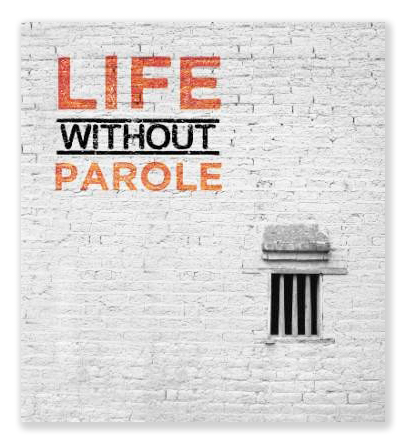We post news and comment on federal criminal justice issues, focused primarily on trial and post-conviction matters, legislative initiatives, and sentencing issues.

TWO FAIR SENTENCING ACT CASES GO FOR THE PRISONERS
Last week saw two unsurprising but welcome Fair Sentencing Act decisions.
In the 11th Circuit, Tony Gonzalez was serving a 51-month supervised release sentence. Originally convicted in 2005, Tony served 76 months for a crack cocaine conviction. Released in 2015, he got tripped up on substance abuse during his supervised release term and was sent back to prison.
 Tony filed for a Fair Sentencing Act retroactive sentence reduction based on § 404 of the First Step Act. His district court denied him for a couple of reasons, one of which was that he wasn’t currently serving a sentence for crack cocaine, but instead for violating his supervised release.
Tony filed for a Fair Sentencing Act retroactive sentence reduction based on § 404 of the First Step Act. His district court denied him for a couple of reasons, one of which was that he wasn’t currently serving a sentence for crack cocaine, but instead for violating his supervised release.
Last week, the 11th joined the 4th and 6th Circuits “in holding that a sentence imposed upon revocation of supervised release is eligible for a sentence reduction under § 404(b) of the First Step Act when the underlying crime is a covered offense within the meaning of the Act… Thus, the district court had the authority to consider his motion for a sentence reduction just as if he were serving the original custodial sentence. So Mr. Gonzalez is eligible for a sentence reduction under the First Step Act.”
Meanwhile, in the 8th Circuit, Jack Robinson – who was doing life for a crack offense in which he had been tagged for over 2 kilos of crack – had been denied a Fair Sentencing Act reduction by his district court. The district judge ruled that “Robinson would have been subject to the same mandatory life sentence had the Fair Sentencing Act been in effect at the time he committed the covered offense… because the revised version of § 841(b)(1)(A)(iii) provided for a mandatory life sentence if the defendant was convicted for 280 grams or more of crack cocaine and had two or more prior felony drug offense convictions,” and thus reasoned that the court was deprived “of the discretion to reduce Robinson’s sentence under the First Step Act.”
Last week, the 8th Circuit reversed. “This reasoning is contrary to the principle that the First Step Act applies to offenses, not conduct,” the Circuit said, meaning that Jack’s statutory “sentencing range under the First Step Act is dictated by the movant’s offense of conviction, not his relevant underlying conduct… Therefore, Jack’s offense of conviction — not the underlying drug quantity — determines his applicable statutory sentencing range.
 At his initial sentencing, Jack faced a mandatory term of life imprisonment because he was convicted and sentenced for conspiracy to distribute at least 50 grams of crack and because he had two prior drug felonies. “Under the Fair Sentencing Act,” the Circuit said, “the statutory sentencing range for his conspiracy to distribute 28 grams or more of crack cocaine, including his prior convictions, is now not less than 10 years and not more than life. Thus, the district court erred as a matter of law when it relied on the sentencing court’s drug quantity finding of 2.35 kilograms of crack cocaine to determine Jack’s applicable statutory sentencing range under the Fair Sentencing Act and the First Step Act.”
At his initial sentencing, Jack faced a mandatory term of life imprisonment because he was convicted and sentenced for conspiracy to distribute at least 50 grams of crack and because he had two prior drug felonies. “Under the Fair Sentencing Act,” the Circuit said, “the statutory sentencing range for his conspiracy to distribute 28 grams or more of crack cocaine, including his prior convictions, is now not less than 10 years and not more than life. Thus, the district court erred as a matter of law when it relied on the sentencing court’s drug quantity finding of 2.35 kilograms of crack cocaine to determine Jack’s applicable statutory sentencing range under the Fair Sentencing Act and the First Step Act.”
United States v. Gonzalez, Case No 19-14381, 2021 U.S.App. LEXIS 24765 (11th Cir., August 19, 2021)
United States v. Robinson, Case No 20-1947, 2021 U.S.App. LEXIS 24603 (8th Cir., August 18, 2021)
– Thomas L. Root

